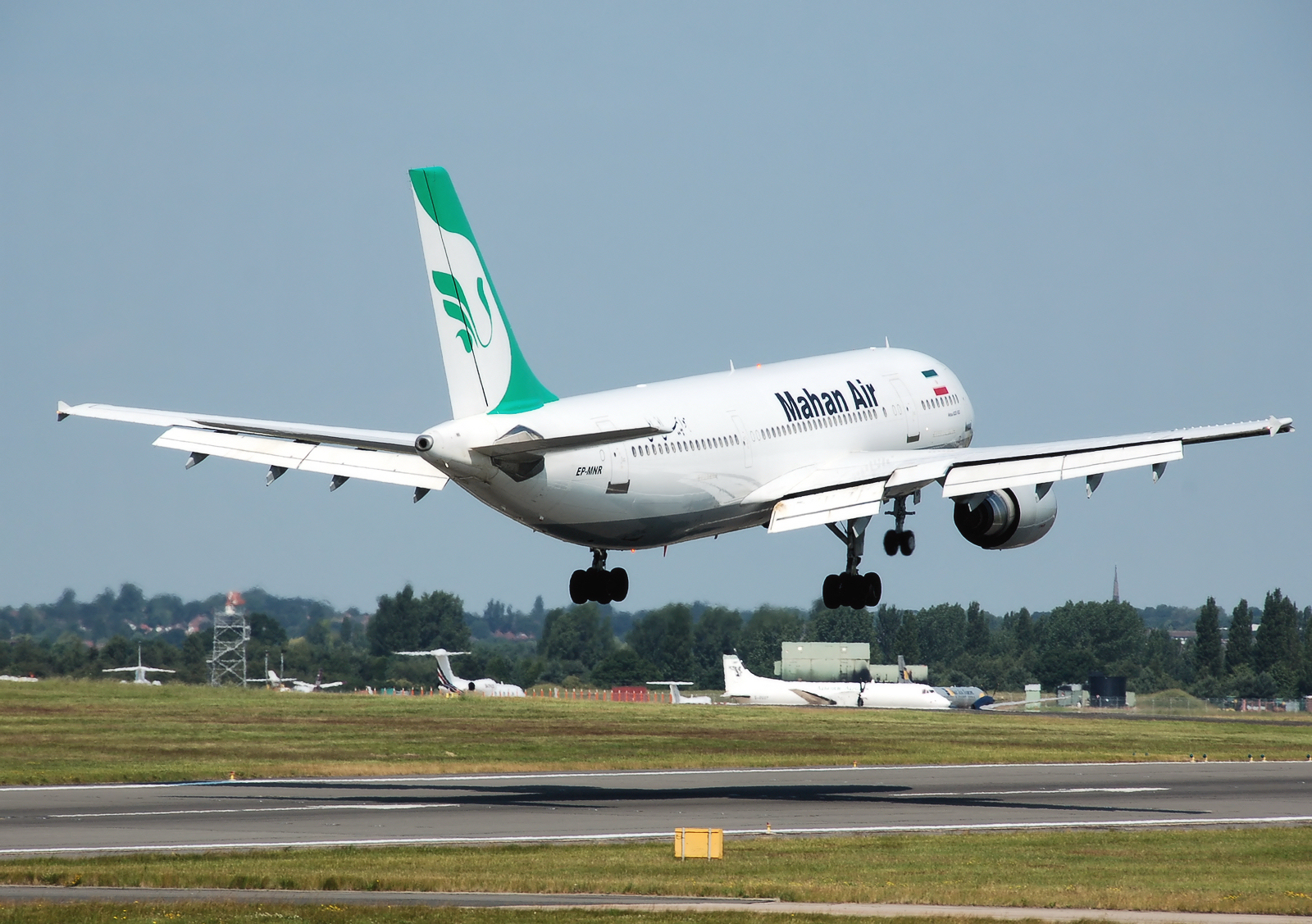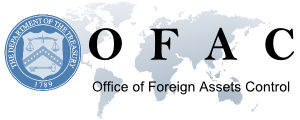OFAC Targets UK Businesses, Businessmen for Support to Mahan Air

Lost in the all of the excitement last week over General License I issued by the United States Department of the Treasury’s Office of Foreign Assets Control (OFAC) was the fact that there were a number of designations targeting parties under Executive Order 13382 for alleged ties to Iran’s ballistic missile program, and under Executive Order 13224 for providing support to Mahan Air’s alleged efforts to skirt sanctions. This post is dedicated to the latter designations.
In short, OFAC designated two individuals and two entities, based in the United Kingdom (UK) and the United Arab Emirates (UAE) respectively, that they have reason to believe facilitated Mahan Air’s efforts to circumvent sanctions. According to OFAC, Jeffrey John James Ashfield, a UK businessman was involved in negotiating the purchase of a U.S.-manufactured aircraft engine on behalf of Mahan Air during the latter part of 2015. Mr. Ashfield’s company, Aviation Capital Solutions, is alleged to have facilitated the purchase of aircraft engines and other services on behalf of Mahan Air. Similar allegations have been made against Aircraft, Avionics, Parts & Support Ltd. (AAPS), also designated–along with their Director John Edward Meadows–for what OFAC alleges is the provision of aviation parts and financing to Mahan Air.
The UAE companies that were designated, Grandeur General Trading FZE and HSI Trading FZE, are alleged to have provided financial, material, or technological support for Mahan Air. OFAC’s press release indicates that since early 2011, Grandeur General Trading FZE has acted as a representative in maintenance agreements, negotiated the purchase of aircraft, and made a payment on behalf of Mahan Air. Further, since 2015, OFAC alleges that HSI Trading FZE has worked to provide financial assistance to Mahan Air by transferring funds to assist with Mahan Air’s business acquisitions, and has negotiated the purchase of aircraft on behalf of Mahan Air.
There is a path for removal of these designation for the individuals and entities pursuant to either a request for reconsideration under 31 C.F.R. § 501.807, or bringing a civil action under the Administrative Procedure Act (APA). However, the particular designation that has been imposed on these parties–that of an E.O. 13224 designation–is notoriously difficult to remove. Further complicating the matter is that Mahan Air has increasingly come under fire recently. Not only have members of certain pro-sanctions groups been tracking Mahan’s flights to Syria and Iraq, but Mahan was also the target of probing by Chairman of the House Foreign Affairs Committee, Ed Royce, who in a recent hearing pressed OFAC Director John Smith on actions being taken to address Mahan’s conduct. In other words, due to the current political sensitivity surrounding Mahan Air, OFAC would be hard pressed to remove parties allegedly tied to Mahan as any delisting would be highly scrutinized by both Congress and pro-sanctions hawks in Washington.
It should be kept in mind that OFAC’s designation decisions receive extreme deference in their review under the Administrative Procedure Act (APA)–a law which already makes it incredibly difficult to overturn agency actions given its requirement that the action need to be arbitrary and capricious in order to warrant interference from the courts. You may be not blink an eye at the legal standards here, however, because OFAC often discusses the strength of the evidentiary files underlying such designations. Unfortunately, what you may not realize is that OFAC is allowed to rely on unsubstantiated hearsay evidence in making their determinations, and only has to have a reason to be believe–a standard far less stringent than that of probable cause or preponderance of the evidence–that the designated party meets the relevant criteria for designation in order to target them. Finally, in almost all OFAC delisting cases that I have been involved with, nearly all of the evidence is redacted as classified, and therefore not provided to the counsel of the designated party seeking delisting. Thus, the impacted party rarely, if ever, gets to know the specific facts OFAC relied upon in making the designation.
In short, it’s not a pretty picture for those parties OFAC has recently designated. Despite the OFAC SDN reconsideration process being legal in nature, OFAC has the authority on its side to delay the delisting of a party if doing so would not be politically expedient. I’m not saying OFAC would do that, however, there certainly would be questions from Congress and the pro-sanctions/anti-Iran lobby to were OFAC to delisting any of these parties anytime soon. Thus, delisting anyone connected to Mahan Air during an election year may bring the kind of scrutiny the Administration would rather avoid. All that aside, there is a path forward for those individuals if they can prove there were never any ties to Mahan, or that they have since severed any prior ties. While a long and difficult road lays ahead for the designated parties, the road will likely be even longer if they sit around and wait for OFAC to delist them on their own.
The author of this blog is Erich Ferrari, an attorney specializing in OFAC matters. If you have any questions please contact him at 202-280-6370 or ferrari@ferrariassociatespc.com



